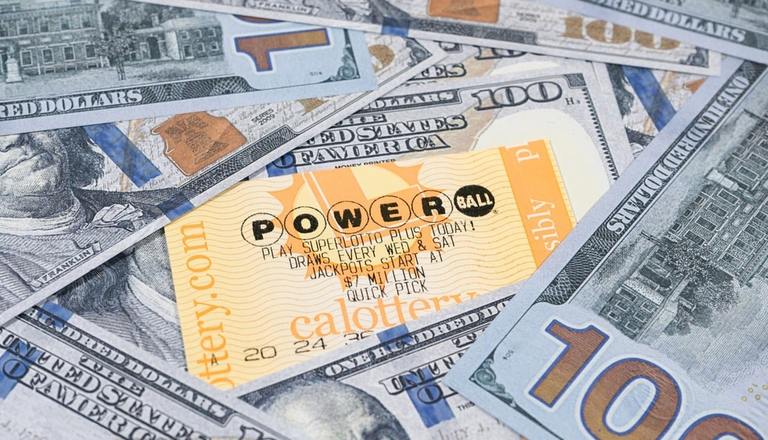
Where do the prizes come from for each lottery draw
Have you ever wondered where the money comes from that is used to pay off lottery prizes of all amounts including the jackpot? The answers might surprise you including who is actually footing the majority of the money that has to be paid out to winners.
Ticket sales mount up
So here it goes. The primary source of lottery prize money is, quite simply, through ticket sales. Yes, the more tickets players buy equals the more tickets sold, so therefore the larger the prize pools grows. It's a straightforward equation: a major portion of the revenue generated from ticket sales is allocated to fund the prizes. And who buys lottery tickets? We do. As players, we actually provide the money that is paid out to prize winners.
Another sources of prize money happens when prizes go unclaimed. They don't simply disappear. They are reallocated to the prize pools to support or even increase the availability or amounts of the prizes. They can be used to provide bonus draws or bonus prizes, or can be added to progressive jackpots.
Lotteries often maintain reserve funds to ensure they can pay out prizes, even in the event of a massive jackpot win. These reserve funds earn interest, which is then added to the prize pool. While not the primary source of revenue, interest on reserve funds plays a supporting role in funding the prizes.
All the breakdowns
So, what is the breakdown of the revenue from ticket sales actually? The allocation varies depending on the lottery organization and jurisdiction, but here's a general generic breakdown:
• Prize Payouts (50-60%): The largest share of lottery ticket revenue goes directly to funding the prizes. This includes the jackpots, smaller prizes, and any additional awards.
• Administration and Operations (10-20%): A portion of the revenue covers the costs of running the lottery, including employee salaries, marketing, advertising ticket printing, and everything else that goes into running the lottery.
• Charitable Donations or Government Funding (20-30%): Many lotteries direct a significant portion of their revenue to support good causes, community programs, or government initiatives.
The gaming commissions and other government agencies oversee lottery operations, ensuring that the games are run fairly and that revenue is allocated appropriately. In Canada and the States, provincial and state governments regulate lottery corporations, setting rules and guidelines to ensure transparency and accountability.
The allocation of lottery revenue has a significant impact on communities and society as a whole. Charitable donations and government funding support vital programs and initiatives, such as:
• Healthcare and medical research
• Education and youth programs
• Community development and infrastructure projects
• Arts and culture initiatives
• Homelessness and hunger
• Mental Health programs
So the next time you buy a lottery ticket, remember that the prize money comes from a combination of ticket sales, unclaimed prizes, and interest on reserve funds. While the odds of winning may be very slim, the revenue generated by lottery games has a profound impact on communities and society. So, go ahead and dream big – you never know when Lady Luck might smile upon you!
